Aji Panca Chili Paste: The Flavor Powerhouse Every Kitchen Needs
Spices are the soul of any dish, and when it comes to bold, smoky, and slightly sweet heat, aji panca chili paste is a must-have in your pantry. Whether you're a seasoned chef or just starting out on your culinary journey, this vibrant red paste can transform your meals from good to unforgettable. In this article, we’ll dive deep into everything you need to know about aji panca, including its origins, uses, and how to choose the best one for your kitchen.
Table of Contents
- What Is Aji Panca?
- Flavor Profile & Uses
- How to Use Aji Panca Chili Paste
- Buying Guide: How to Choose the Best Aji Panca Paste
- Pro Tips for Cooking with Aji Panca
- Conclusion
What Is Aji Panca?
The aji panca is a type of chili pepper native to Peru, known for its unique flavor that blends sweetness, smokiness, and mild heat. When ground into a paste, it becomes a staple in Peruvian cuisine, used in everything from ceviche to lomo saltado. The name translates to 'buttery chili' in Quechua, which gives a hint of its smooth, rich texture.
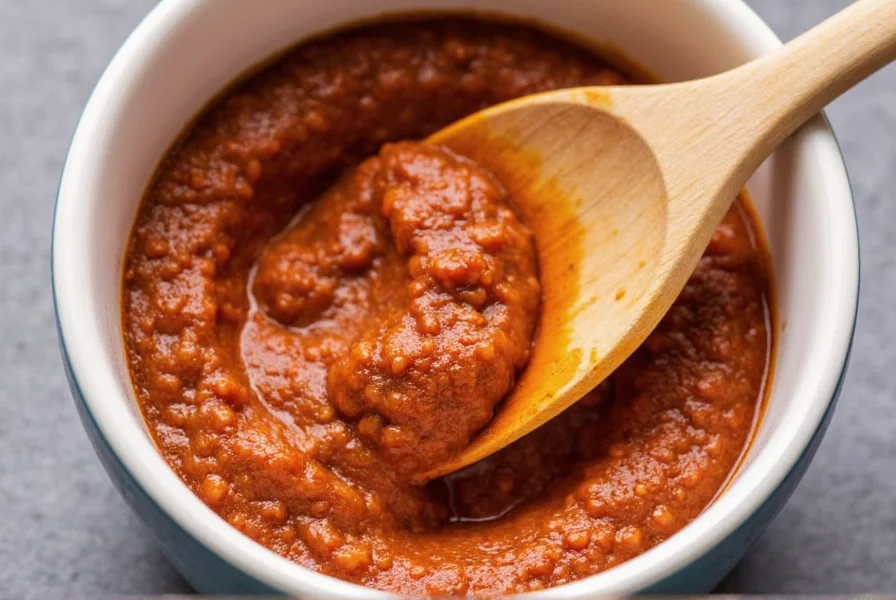
This chili is typically sun-dried before being ground into a paste, giving it a deep, complex flavor profile that sets it apart from other chili pastes like gochujang or harissa. It's not as fiery as habanero or jalapeño, but it has a lingering warmth that adds depth to any dish.
Flavor Profile & Uses
One of the most appealing things about aji panca chili paste is its balanced flavor. It’s mildly spicy, with notes of sweetness and smokiness—like a cross between paprika and a roasted bell pepper. This makes it incredibly versatile in the kitchen.
| Flavor Characteristics | Description |
|---|---|
| Heat Level | Mild to Medium (around 10,000–30,000 SHU) |
| Smokiness | High, due to sun-drying process |
| Sweetness | Noticeable, especially in high-quality versions |
| Texture | Smooth and creamy |

You can use it in marinades, sauces, soups, stews, or even as a base for dips. It's also a key ingredient in ají sauce, a popular Peruvian condiment. If you're looking to add a little kick without overwhelming your palate, aji panca is the way to go.
How to Use Aji Panca Chili Paste
Using aji panca chili paste is simple, but there are a few tips to make the most of it:
- Marinades: Mix it with olive oil, garlic, and lime juice for a zesty chicken or fish marinade.
- Sauces: Blend it with yogurt or sour cream for a creamy, spicy dip.
- Stir-fries: Add a spoonful to your stir-fry for an instant flavor boost.
- Ceviche: Use it as a base for a tangy, spicy dressing.
- Roasted Vegetables: Toss it with veggies before roasting for a smoky twist.
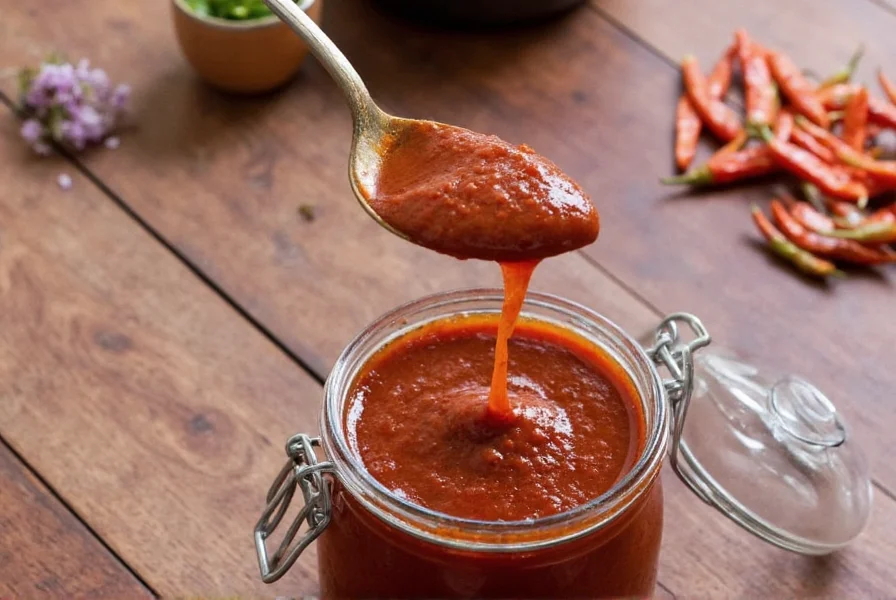
One of the best ways to experience aji panca is in lomo saltado, a classic Peruvian dish of beef stir-fried with onions, potatoes, and aji panca paste. It's a perfect example of how this paste can elevate a simple meal.
Buying Guide: How to Choose the Best Aji Panca Paste
Not all aji panca pastes are created equal. Here’s what to look for when shopping:
- Ingredients: Look for a pure, natural product with minimal additives. High-quality aji panca should be made from sun-dried aji panca peppers, salt, and maybe a bit of vinegar or oil.
- Consistency: It should be smooth and not too runny. Avoid pastes with added starch or fillers.
- Origin: Authentic Peruvian aji panca is usually the best. Brands like Condor or Peruano are trusted names.
- Shelf Life: Check the expiration date. Since it's a fermented product, it can last a long time if stored properly.
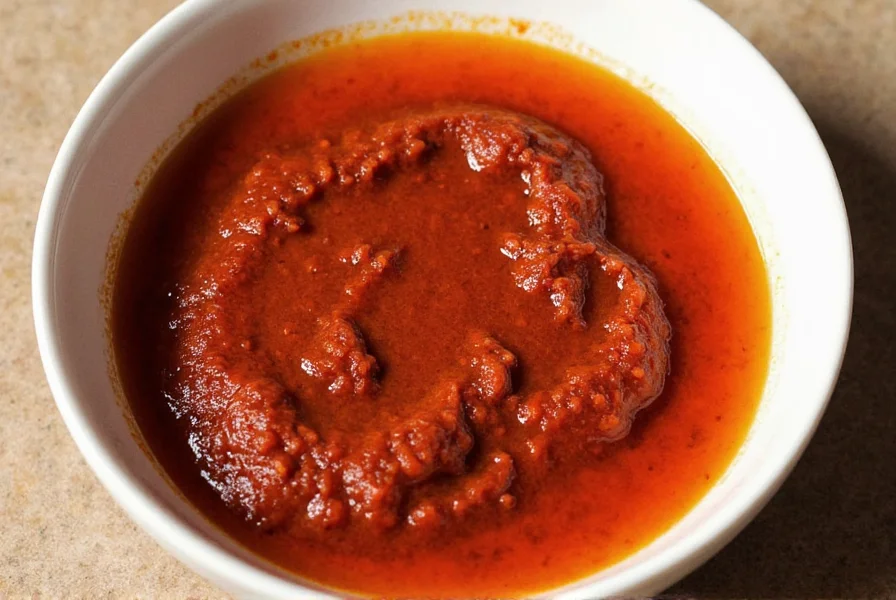
When choosing aji panca paste, consider the occasion. For everyday cooking, a mid-range option like Condor Aji Panca works great. If you’re hosting a Peruvian-themed dinner, go for a premium brand like Pancho’s Aji Panca, which offers a more intense flavor profile.
Product Highlight: Condor Aji Panca is a popular choice among chefs and home cooks alike. It’s made from sun-dried aji panca peppers, with no artificial preservatives. Its rich, smoky flavor pairs well with both meat and vegetable dishes. Ideal for those who want a reliable, all-purpose chili paste.
Pro Tips for Cooking with Aji Panca
- Start Small: Aji panca can be powerful. Start with a teaspoon and adjust to taste.
- Balance with Acid: Pair it with citrus or vinegar to cut through the richness.
- Use Fresh Ingredients: The best results come from using fresh, high-quality ingredients alongside the paste.
- Experiment: Don’t be afraid to mix it with other spices like cumin, garlic, or smoked paprika for a custom flavor.
- Store Properly: Keep it in a cool, dark place or refrigerate after opening to maintain freshness.
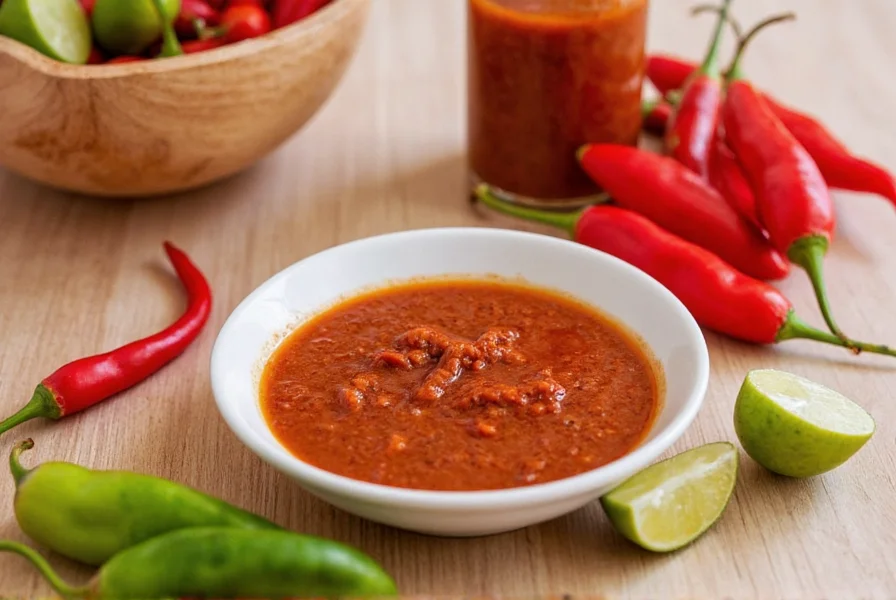
If you're feeling adventurous, try making your own aji panca paste at home. All you need is dried aji panca peppers, salt, and water. Soak the peppers, blend them into a paste, and season with salt. It’s a fun project and gives you full control over the flavor.
Conclusion
Aji panca chili paste is more than just a spice—it’s a flavor enhancer that brings depth, complexity, and a touch of Peruvian magic to your cooking. Whether you're using it in a quick stir-fry or a special dish, it’s a versatile ingredient that deserves a spot in every kitchen. With its perfect balance of heat, sweetness, and smokiness, aji panca is a true flavor powerhouse.
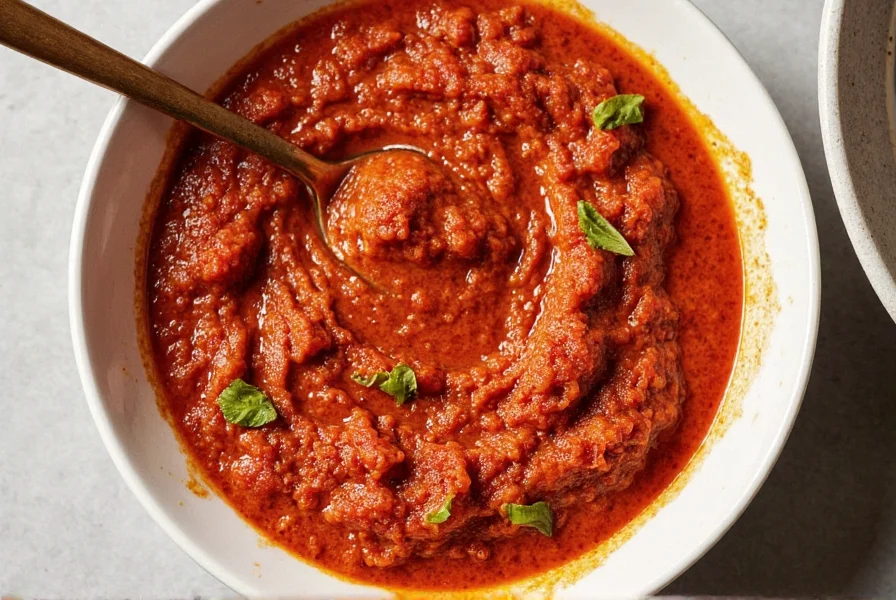
So next time you're reaching for your favorite spice jar, consider giving aji panca a try. You might just find your new favorite addition to the kitchen shelf.

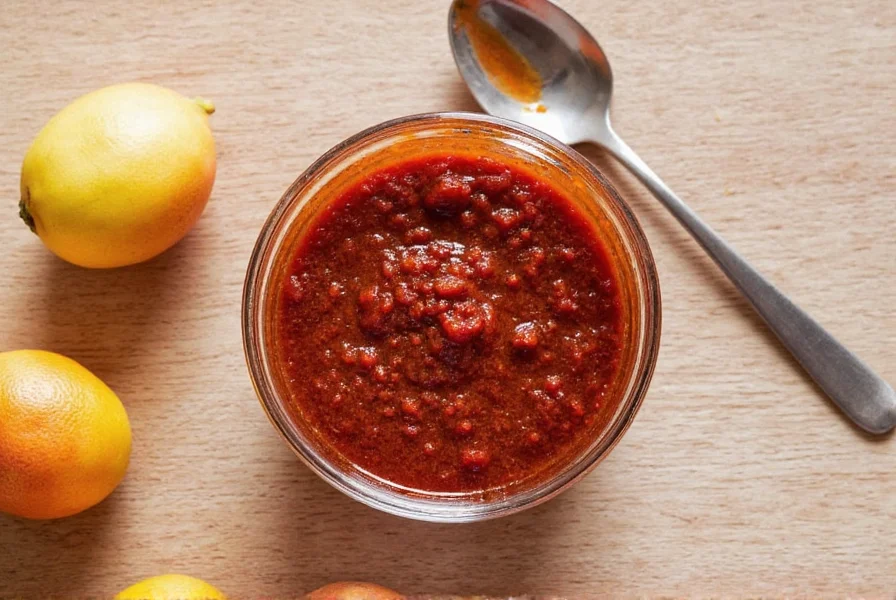









 浙公网安备
33010002000092号
浙公网安备
33010002000092号 浙B2-20120091-4
浙B2-20120091-4